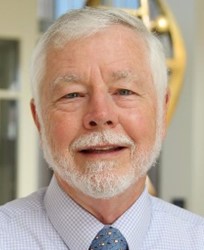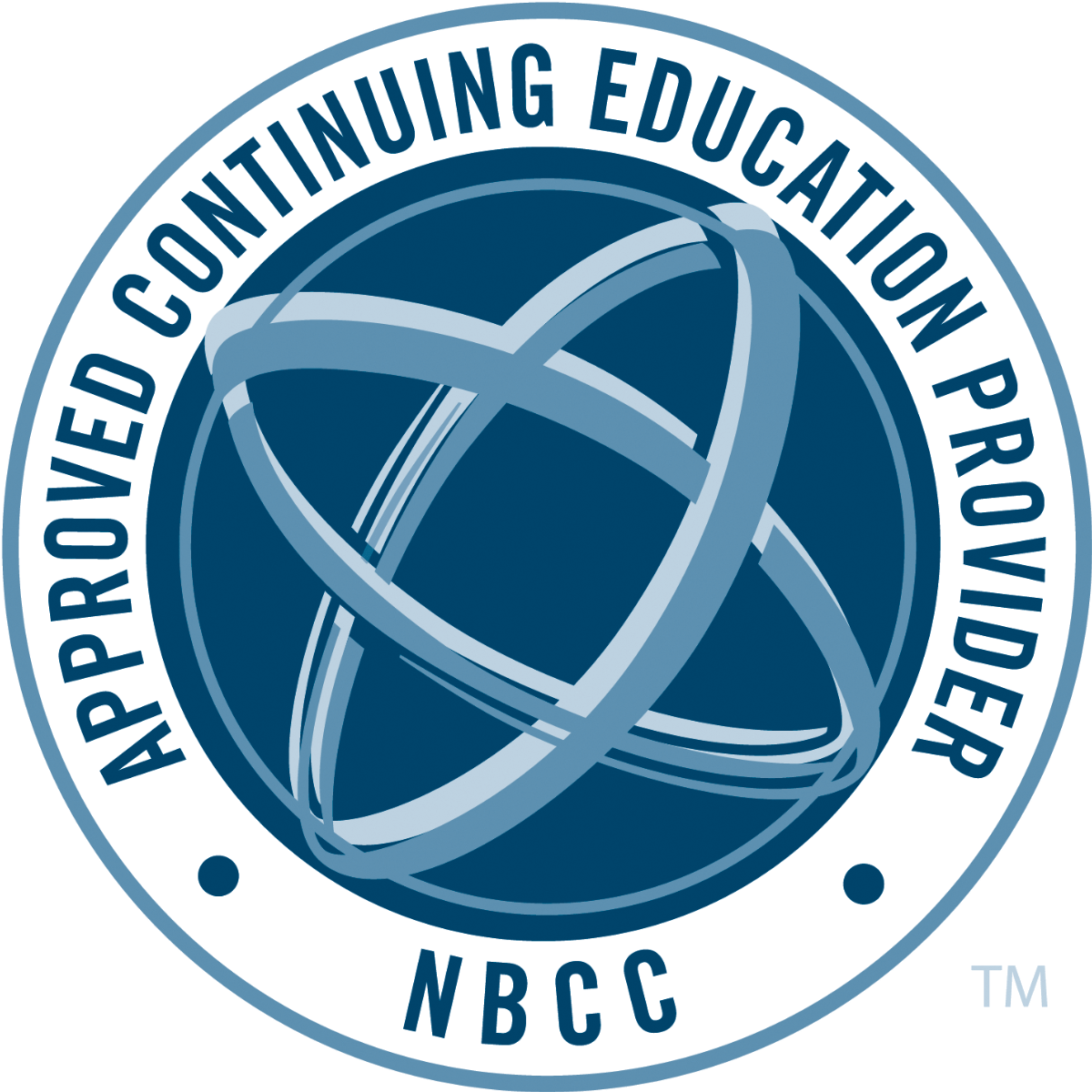
How to Support the Unique Psychosocial Challenges of Stem Cell Transplant and CAR T-cell Therapy Patients and Their Care Partners
Mental Health Professionals: Earn 7 continuing education credits (CEUs)
Why Take this CEU Course?
Hematopoietic stem cell transplantation (HCT), also called bone marrow, stem cell and cord blood transplantation, and CAR T-cell therapy, are two intensive therapies used to treat patients with advanced hematologic malignancies and certain genetic/immune system disorders. The intensity of the treatment, compared to standard chemotherapy for cancer patients, generates a unique set of medical and psychosocial consequences that are critical for mental health professionals (MHPs) to understand in order to most effectively support and treat these patients and their care partners.
Who is this Course For?
This CEU course is intended for psychologists, social workers, mental health counselors, and therapists. The instructional level is intermediate. We assume that participants already have psycho-oncology educational background and experience.
Course Format
The primary format is a non-interactive distance-learning continuing education course presented through a series of videos.
Course Description
Module 1: The Nuts and Bolts of Hematopoietic Cell Transplantation (HCT) John Wingard, MD; Michelle Bishop, PhD; Justin Regan, RN
A broad overview of HCT including the rationale for its use; eligible patients; short-term, long-term, and late effects of treatment; and the impact on patients’ and care partners’ overall quality of life (QOL) and health behaviors. Includes an in-depth review of the psychosocial issues experienced by HCT patients and care partners and concludes with a brief presentation by an HCT patient discussing the challenges both he and his family faced while undergoing and surviving two stem cell transplants.
Module 2: Autologous HCT: A Deeper Dive R. Gregory Bociek MD, MSc
An in-depth review of the medical processes and the short- and long-term consequences of undergoing an autologous HCT. Autologous HCT is a transplant that uses the patient’s own stem cells. It is a treatment option for some patients diagnosed with multiple myeloma, non-Hodgkin lymphoma, Hodgkin disease and some solid tumors.
Module 3: Allogeneic HCT: A Deeper Dive Minoo Battiwalla MD, MS
An in-depth review of the medical processes and the short- and long-term consequences of undergoing an allogeneic HCT. Allogeneic HCT uses stem cells provided by a donor, rather than the patient. It is a treatment option for some patients diagnosed with leukemia, myelodysplastic syndrome, a myeloproliferative disorder, severe aplastic anemia, or an inherited disorder such as sickle cell disease.
Module 4: Unique Psychosocial Challenges for Autologous and Allogeneic HCT Patients and Care Partners Elizabeth M. Muenks, PhD
A comparison of the psychosocial issues experienced by autologous HCT patients, allogeneic HCT patients, and their care partners during preparation for HCT, the day of transplant and early recovery, the first 100 days after HCT, and long- term.
Module 5: Graft-versus-Host Disease (GVHD): Trading an Acute Disease for a Chronic Disease Amin M. Alousi, MD; Michelle Bishop, PhD
An overview of GVHD, a major complication that affects approximately 50% of patients who undergo an allogeneic HCT. This module includes an in-depth discussion of how GVHD affects multiple organs and tissues, treatment options and their potential side effects, and the psychosocial consequences of living with GVHD in the short- and long-term for both patients and care partners.
Module 6: Psychiatric Disorders in Patients Undergoing HCT Maria Adelaida Rueda-Lara, MD
A review of common psychiatric issues that occur during and after HCT, and their management.
Module 7: CAR T-cell Therapy: The Medical and Psychosocial Experience Areej El-Jawahri, MD
An in-depth review of the medical and psychosocial consequences of CAR T-cell therapy - a treatment option for some patients with non-Hodgkin lymphoma, acute lymphoblastic leukemia, and multiple myeloma.
Course Learning Objectives
At the conclusion of this CEU course for mental health professionals, participants will be able to:
- Describe the rational for using HCT to treat patients with hematological disorders and certain genetic/immune system disorders, and the psychosocial issues associated with treatment in the short- and long-term.
- Describe the steps involved in autologous HCT, and the short- and long-term medical side effects and psychosocial issues.
- Describe the steps involved in an allogeneic HCT, and the short- and long-term medical side effects and psychosocial issues.
- Describe how psychosocial issues associated with autologous HCT compare to those associated with an allogeneic HCT for both patients and care partners.
- Explain what graft-versus-host disease (GVHD) is, differentiate acute vs chronic GVHD, describe the unique medical and psychosocial challenges that GHVD patients and care partners experience, and discuss psychotherapeutic treatment modalities to address those challenges.
- Describe the incidence of and risk factors associated with common psychiatric disorders that occur during each phase of the HCT process and identify the psychiatric sequelae of common medications used to treat patients during HCT.
- Describe the types of hematological disorders most frequently treated with CAR T-cell therapy and the unique stressors and medical and psychosocial sequelae that come with this treatment.
- Describe psychological and psychiatric treatment modalities that have proven beneficial for these patient populations.
Meet the Faculty:
 |  |  |
Amin M. Alousi MD Professor of Medicine, Medical Director of the Stem Cell Transplant and Cellular Therapy Program and Director of the Multi-Discipline GVHD Clinic and Research Program, MD Anderson Cancer Center | Minoo Battiwalla, MD, MS Director of Blood Cancer Outcomes Research, Sarah Cannon Transplant and Cellular Therapy Network | Michelle Bishop, PhD Coping with Cancer & Caregiving, LLC |
 |  |  |
R. Gregory Bociek, MD, MSc Associate Professor, Oncology & Hematology, University of Nebraska Medical Center | Areej E-Jawahri, MD Associate Professor of Medicine and Director of the Bone Marrow Transplant Survivorship Program, Massachusetts General Hospital | Elizabeth M. Muenks, PhD Assistant Professor, Psychiatry and Behavioral Sciences, and Director of Psychology Services, University of Kansas Medical Center |
 |  |  |
Justin Regan, RN Recipient of two allogeneic stem cell transplants | Maria Adelaida Rueda-Lara, MD Assistant Professor, Department of Psychiatry & Behavioral Sciences and Medical Director of Psycho-Oncology, University of Miami Miller School of Medicine | John Wingard, MD Professor of Medicine, Retired Deputy Director of the UF Health Cancer Center and Director of the Bone Marrow Transplant Program, University of Florida Health Cancer Center |
How to take this course and receive CE credit
ENROLL in this course consisting of seven modules. Course fee - $199.(includes all seven modules)
- COMPLETE COURSE CONTENT by finishing all modules.
- TAKE THE POST-TEST assessment and achieve a passing grade of at least 75%
- Complete the COURSE EVALUATION
Full attendance is required for all CE activities. This means you will be asked to certify that you watched all the videos included in this course. Once you have completed the above steps, your course certificate will automatically populate for download. It can be downloaded immediately, emailed, and will be available for future download.
This CEU course for mental health professionals was developed and is administered by BMT InfoNet and Find Empathy, LLC.
For questions about course content email help@bmtinfonet.org. For questions about accessing course modules, testing and CE credits email info@findempathy.com
Commercial Support
There was no commercial support provided for this CE program, the content, or to the instructor(s).
Accommodations
It is absolutely critical that our program exemplifies accessibility for all participants. We seek to ensure all participants are able to fully, equally, and independently access the educational content. Our goal is to have a website that is perceivable, operable, understandable, and robust. If you have any difficulty navigating the website, we want to know! Please contact us at info@findempathy.com.
CE credits require a post-test assessment. The assessment is untimed and provided in writing on the course website. However, for individuals with visual impairments, or those that may benefit from an orally presented post-test and program evaluation, contact us. We will work with you to find an alternative option for completing the course post-test and program evaluation. We remain available and open to ANY additional requests for format modification or additional assistance.
If any accommodations are needed to enroll or participate in the CEU course for mental health professionals, or complete the post-test and course evaluation, please contact us at info@findempathy.com.
Access & Expiration Information
Course Access:: Once enrolled in a course, you have 30 days to complete the post-test and course evaluation. If your access lapses before completing all tasks, you may need to re-enroll.
Certificate Access: Once you have completed the post-test and program evaluation, your certificate will be immediately available for download. Find Empathy will keep course certificates on file for 7 years. If a certificate is needed log into your Find Empathy account and download it, or contact: info@findempathy.com.
Post-test Retake Policy: You are allotted 3 retries to achieve the acceptable 75% passing grade.
Additional Information
This CEU course is intended for psychologists, social workers, mental health counselors, and therapists. The instructional level is intermediate. We assume that participants already have psycho-oncology educational background and experience.
The primary format is a non-interactive distance-learning continuing education course presented through a series of videos.
There was no commercial support provided for this CE program, the content, or to the instructor(s).
Questions?
Contact us at info@findempathy.com. We will do our best to return your email within 24-48 hours during business hours: Monday through Friday, 9am to 5pm eastern. If you have any questions, concerns, or grievances please email us at info@findempathy.com. You can also see our grievance policy via the following link: findempathy.com/grievance.
Many thanks to Kite, a Gilead Company, for its support of this program.
Approved CE Provider
 | PSYCHOLOGISTS Empathie, LLC is approved by the American Psychological Association to sponsor continuing education for psychologists. Empathie, LLC maintains responsibility for this program and its content. |
 | COUNSELORS: Find Empathy has been approved by NBCC as an Approved Continuing Education Provider, ACEP No. 7257. Programs that do not qualify for NBCC credit are clearly identified. Find Empathy is solely responsible for all aspects of the program |
 | SOCIAL WORKERS Find Empathy, #1817, is approved to offer social work continuing education by the Association of Social Work Boards (ASWB) Approved Continuing Education (ACE) program. Organizations, not individual courses, are approved as ACE providers. State and provincial regulatory boards have the final authority to determine whether an individual course may be accepted for continuing education credit. Find Empathy maintains responsibility for this course. ACE provider approval period: 5/14/2023-5/14/2026. Social workers completing this course receive 7 continuing education credits.
Stem Cell Transplant and CAR T-cell Therapy: The Patient and Care Partner Experience, [course number], is approved by the Association of Social Work Boards (ASWB) Approved Continuing Education (ACE) program to be offered by Find Empathy as an individual course. Individual courses, not providers, are approved at the course level. State and provincial regulatory boards have the final authority to determine whether an individual course may be accepted for continuing education credit. ACE course approval period: [dates]. Social workers completing this course receive 7 continuing education credits.
|